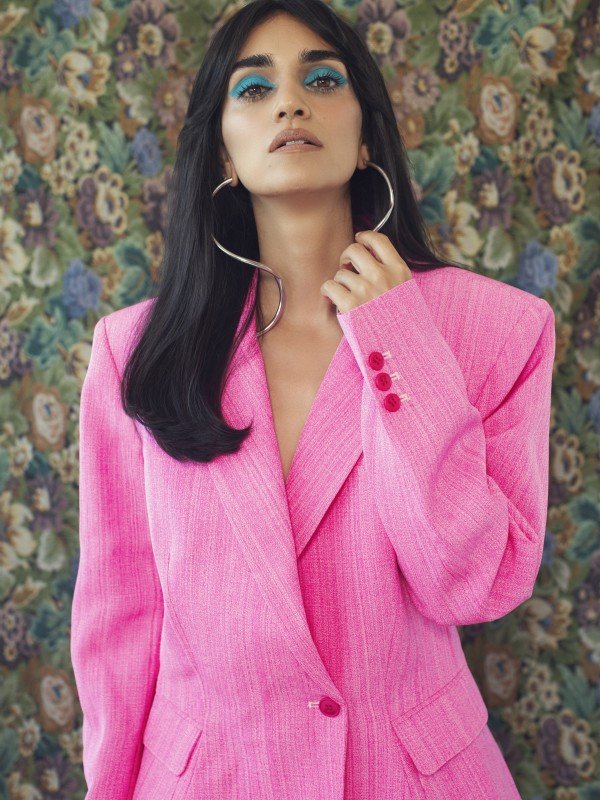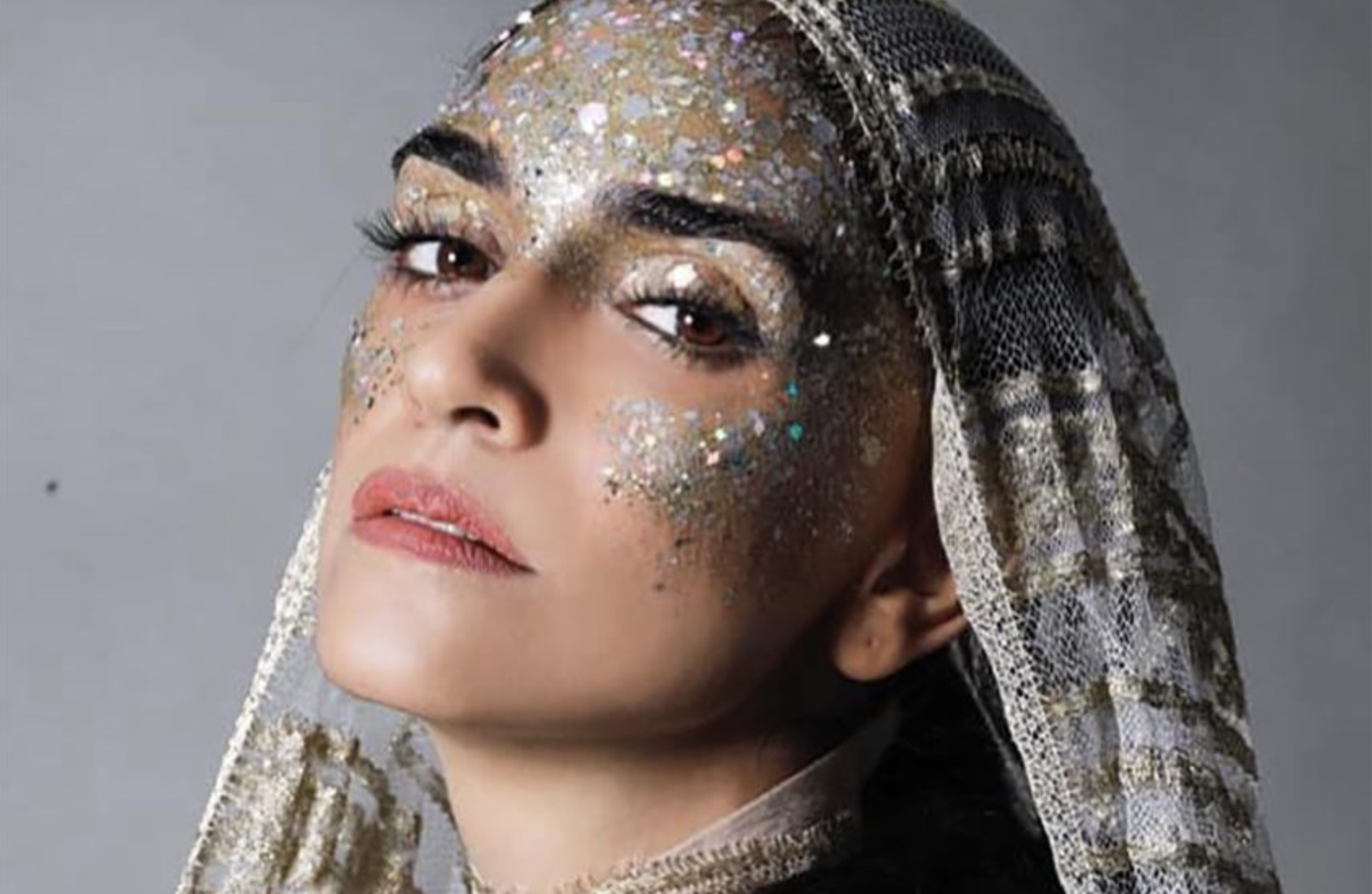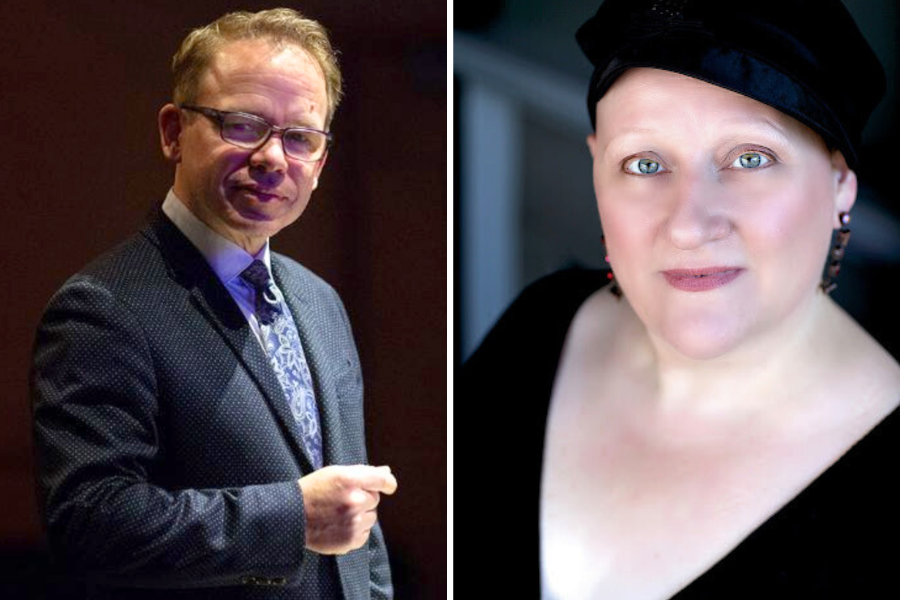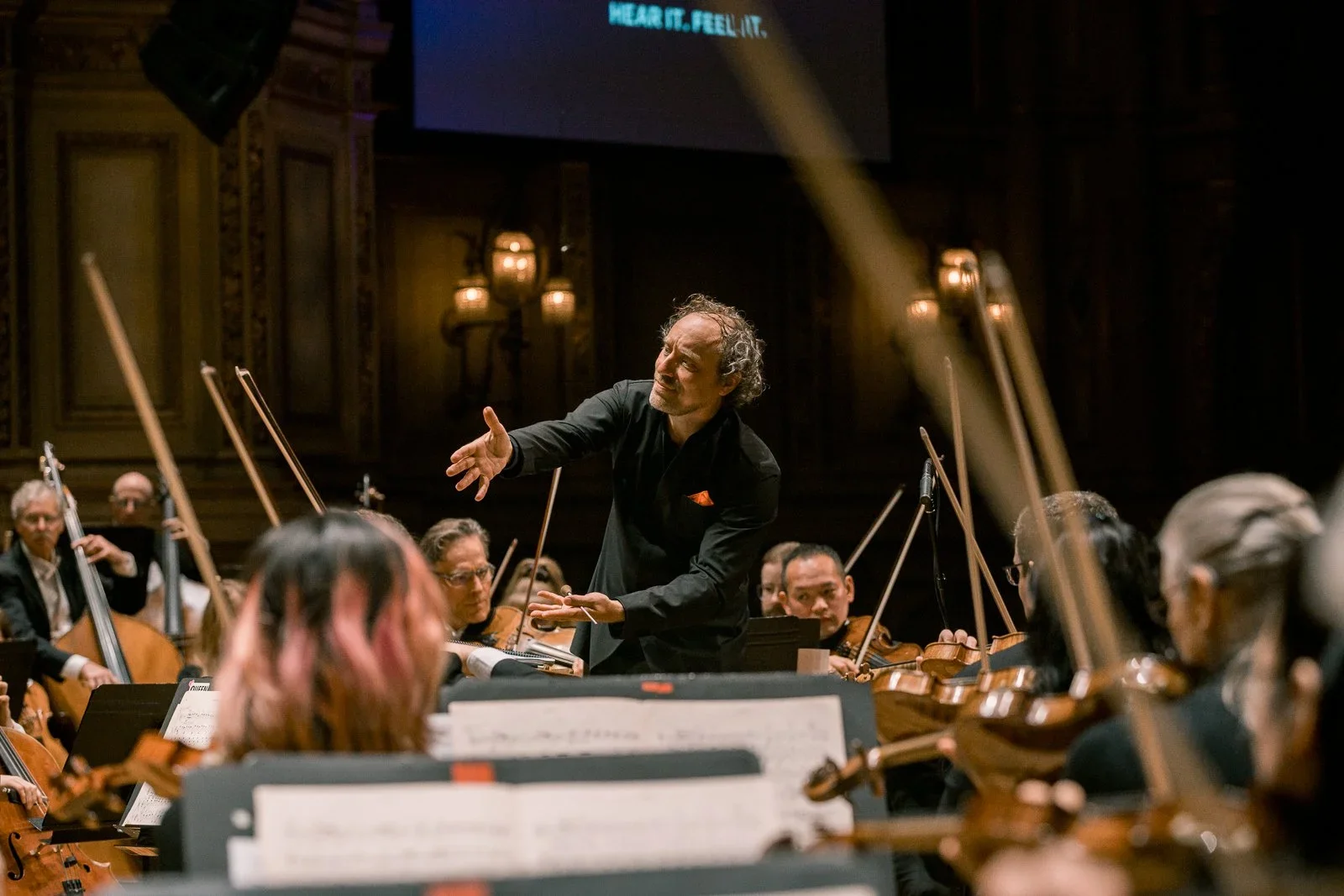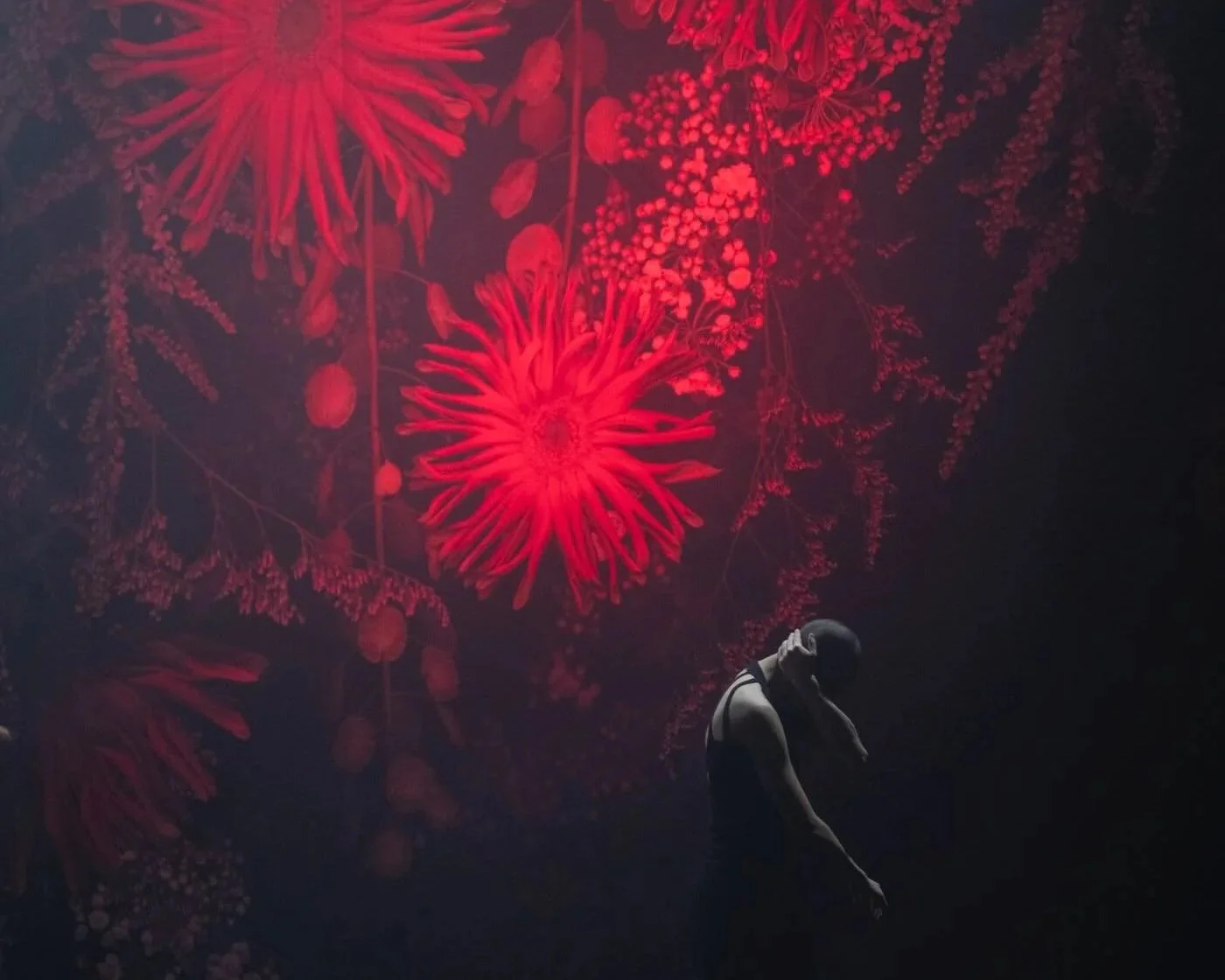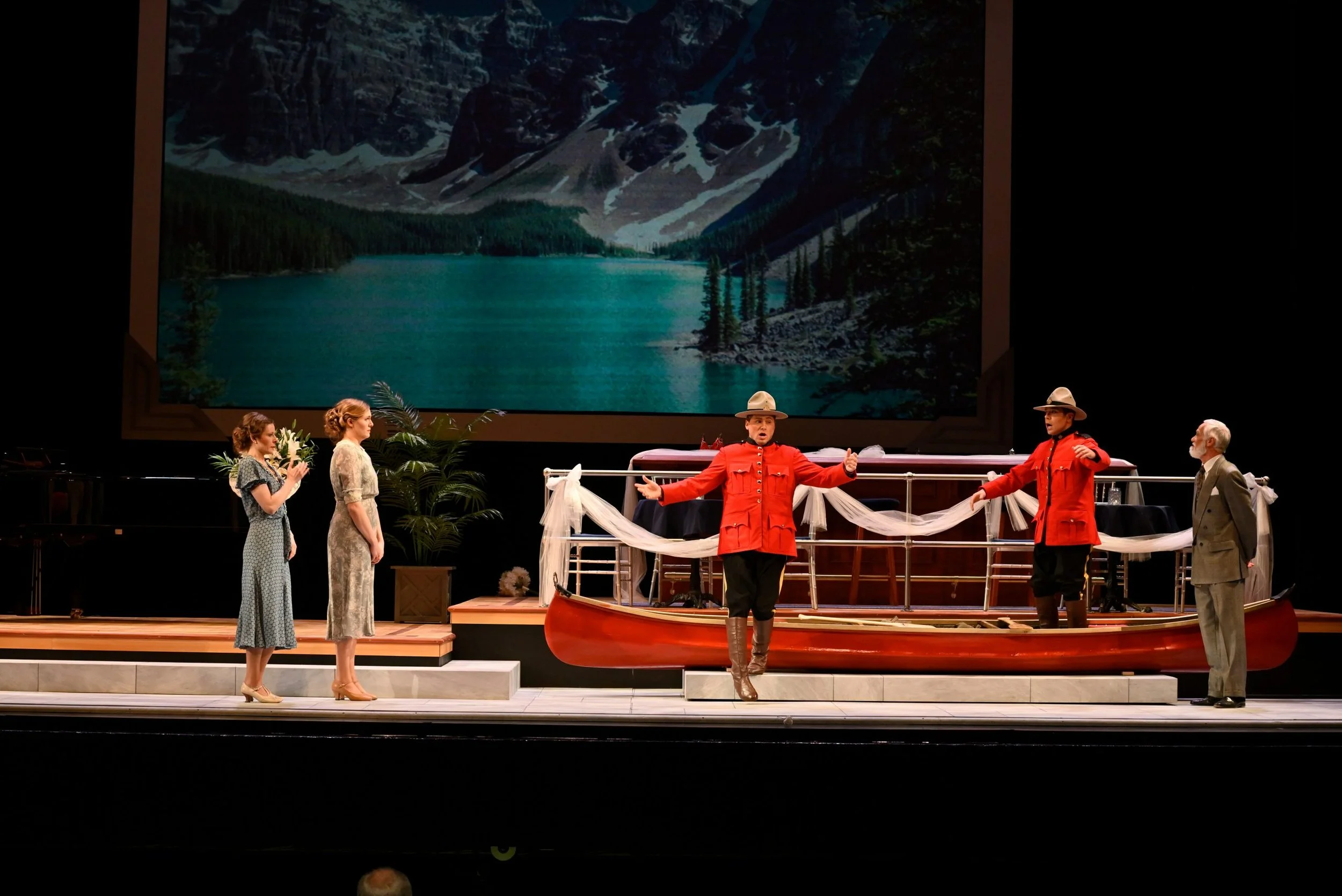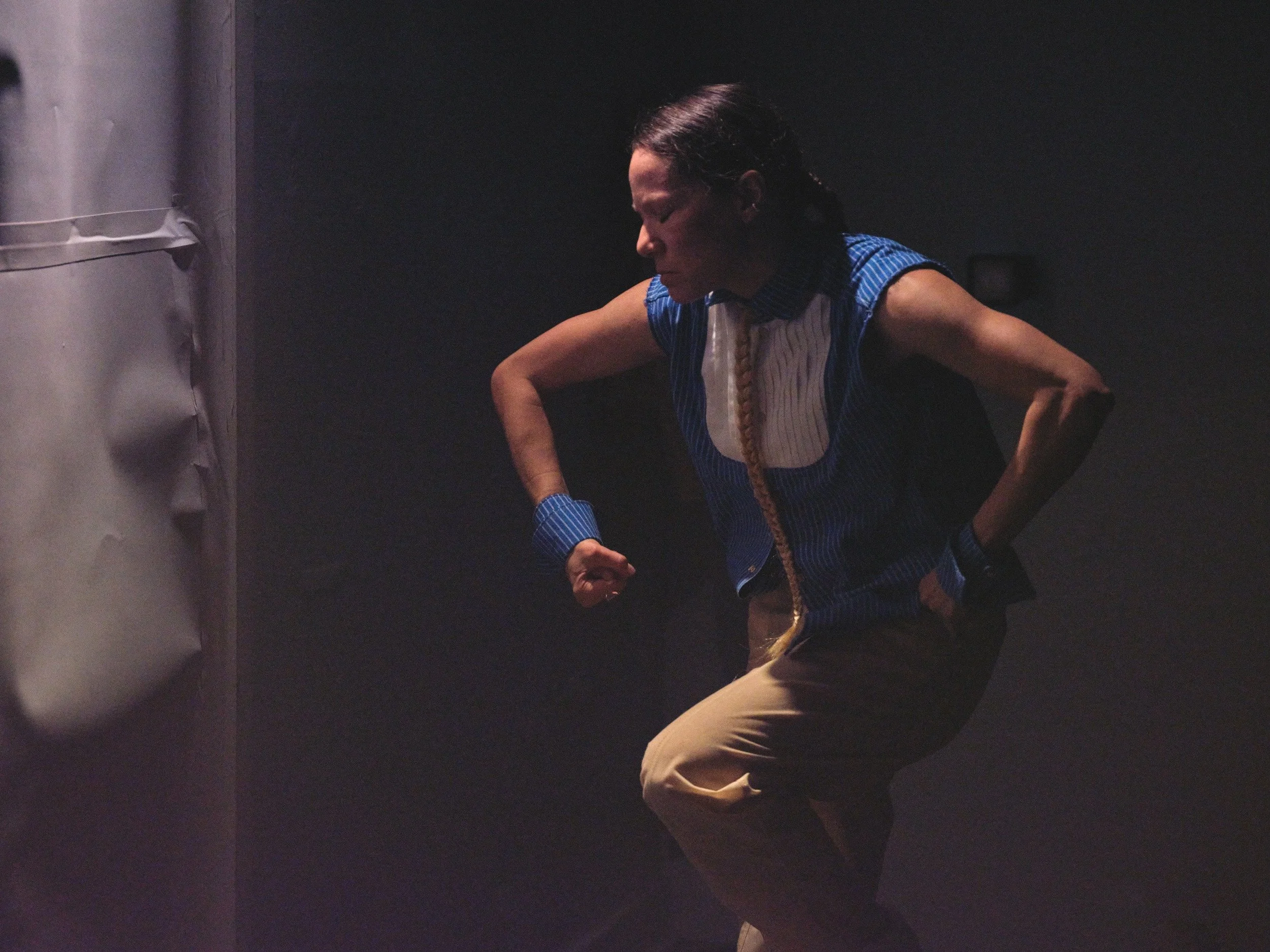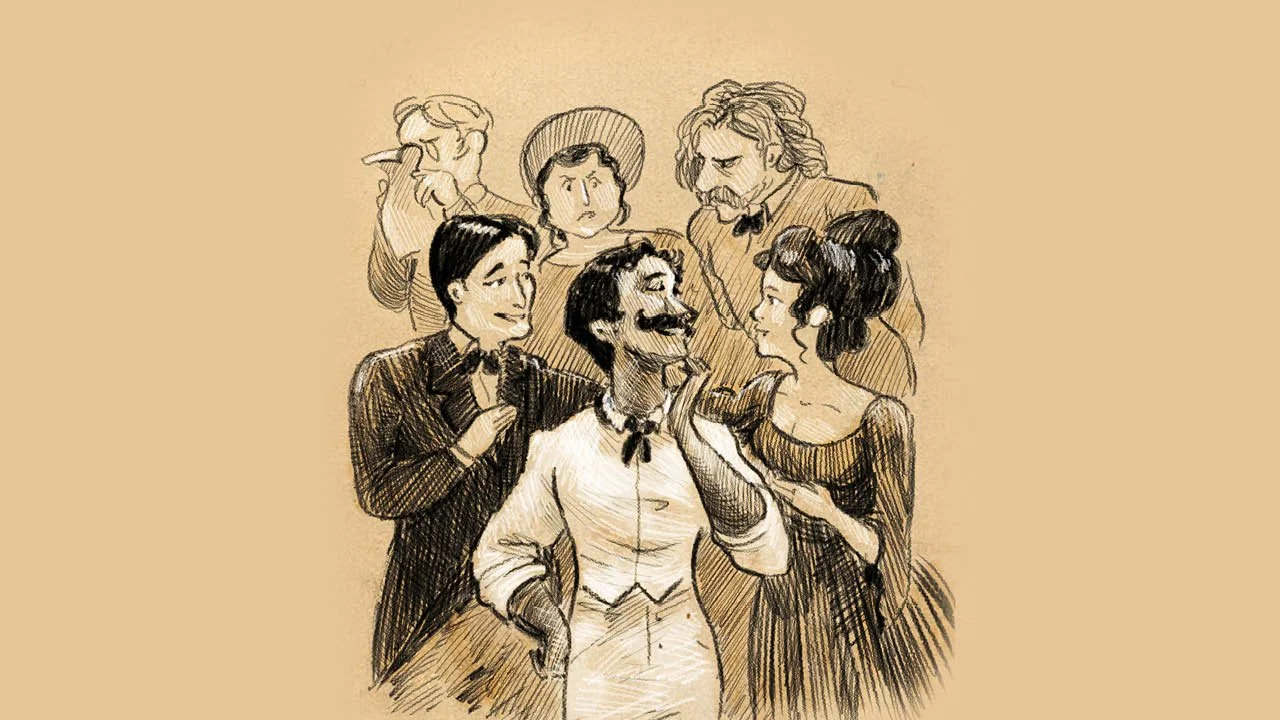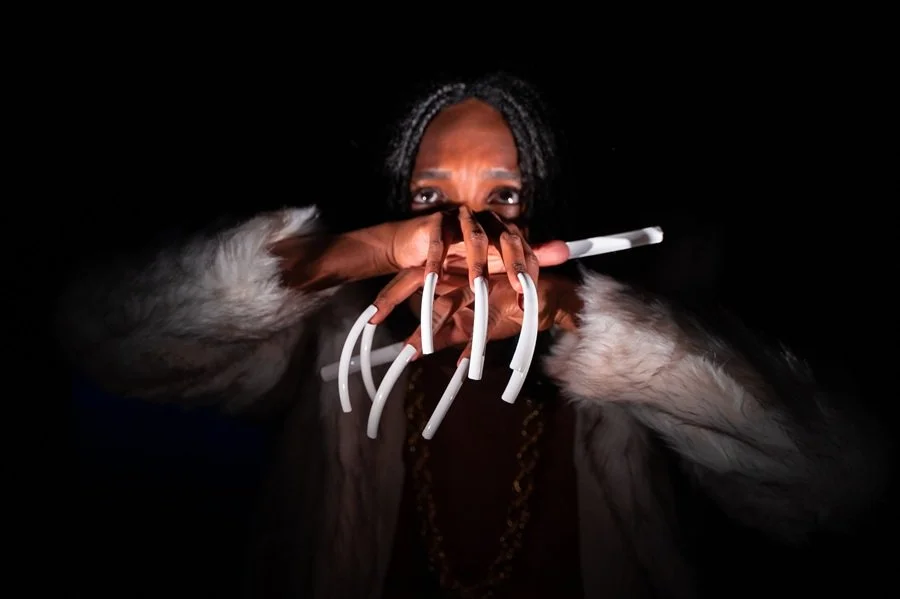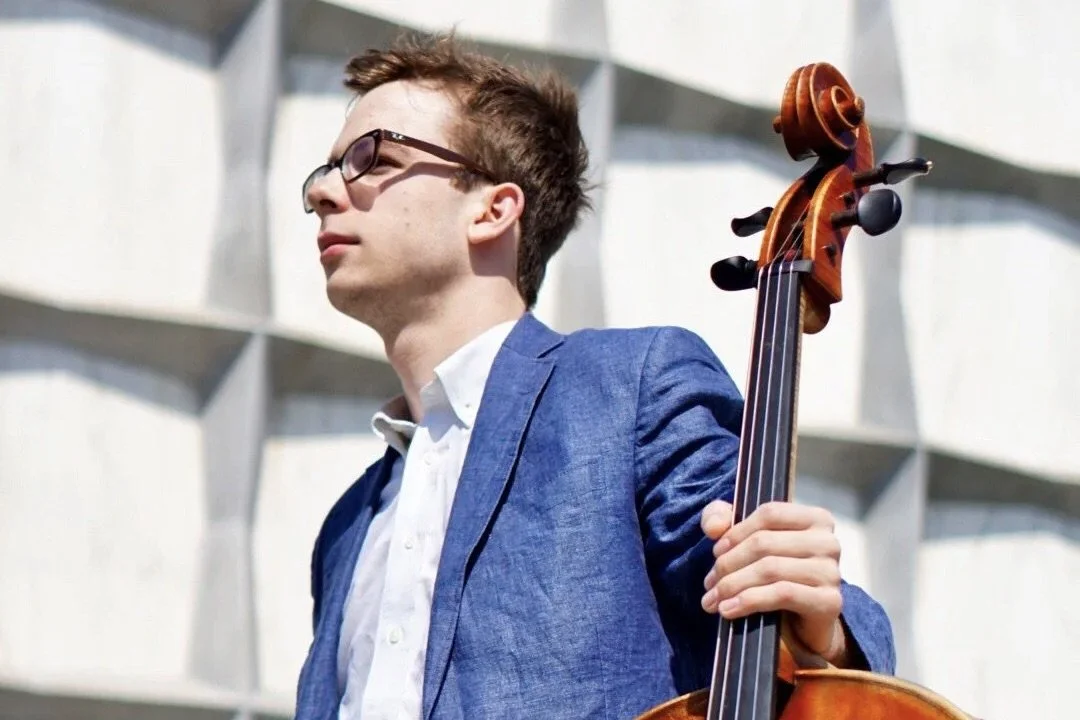From Jaffa to Vancouver, Israeli-Persian artist Liraz sings of women's freedom
The groundbreaking singer-songwriter performs at the 2022 Chutzpah! Festival, echoing Iran’s rallying cry of Woman, Life, Freedom
Liraz.
Chutzpah! Festival presents Liraz on November 23 at 8 pm at the Norman & Annette Rothstein Theatre
ISRAELI-PERSIAN singer Liraz Charhi’s 2020 album, Zan, meaning “woman” in Farsi, was made in secrecy: she recorded herself in a studio in Tel Aviv and managed to have another set up in Tehran, where a group of female musicians joined her virtually, all singing in Farsi. Those same women later met up with the artist who goes simply by Liraz in person in Istanbul, in person, to covertly record her just-released Roya, which means “fantasy, vision, or dream”. Liraz bought plane tickets for her Israeli band and hired a Turkish company to look after the anonymous Iranian musicians, taking them safely from the airport to the studio. While the women were making the album, protests in Iran had not yet begun in response to the death of 22-year-old Mahsa Amini in police custody because of her alleged violation of the Islamic Republic’s strict dress code. Although the most recent events in her parents’ birthplace have garnered international attention, Liraz has long been singing for women’s rights in the country of her roots, a place she has never been.
Liraz was born in Ramla, her mother and father having fled Iran before she was born because of the racism they experienced there being Jewish. Once in their adopted country, the family kept their Iranian culture alive at home, though her father forbade her from singing or attending choir lessons.
“They were lucky to leave before the revolution; they felt that they needed to do this because it was very hard for them to be free as Jewish people; they felt they needed to hide it for so many years,” Liraz tells Stir in a phone interview from the Jaffa home she shares with her husband and two daughters. “What is going on in Iran now is so much worse. I cannot even say that time is changing things; nothing is getting better.
“I’ve dedicated three albums to the muted women in Iran, and I write and sing about their freedom and about their way to make their own revolution by taking off the veil, the hijab,” she says. “I was inspired by Iranian legendary women singers. I recognize the very thick layer of courage and sassiness inside their voice. So I followed them and then I realized that even though they needed to stop singing and being on stage because of the revolution, some of them left Iran to keep singing and to keep kicking and having their careers. It inspired me. ”
Liraz’s music has increasingly become anthemic for women’s liberation. The artist is headlining the 2022 Chutzpah! Festival, bringing to a close the fest’s special programming exploring Jewish and non-Jewish artists of Persian heritage. It’s part of the fest’s mandate to bridge cultures and bring artists and communities together. (Also featured were Arash Khakpour in a dance performance with Alexis Fletcher and a forthcoming virtual culinary experience with Persian-Jewish chef Ayelet Latovich.) Liraz will be in Vancouver for less than 24 hours, between a performance in Jerusalem and the start of a tour in France and Germany. Everywhere she goes, Liraz is thinking of the singers she recorded with and of all of the women in Iran.
“These women are actually going to make a revolution, and it is literally happening now,” Liraz says. “The timing of this album and my tours and my collaboration with these women is to build this bridge via music to let people understand that we are looking for freedom, and women should be free. I write about that, I’m inspired by that, and it gives me power. This is my art.”
Liraz’s path to touring the globe as a singer has been a circuitous one. Prior to the release of her debut album, Naz, she had spent many years acting in Los Angeles—which, she notes, with its large Iranian population, is also known as “Tehrangeles”. She was enjoying success, getting roles in Hollywood movies. Along the way she discovered 1970s psychedelic Iranian music and fell in love with it, becoming more and more intrigued and inspired by pre-revolution female Iranian singers such as Googoosh and Dariush.
“I felt that I needed to explore them and learn their stories,” Liraz says. “Then I understood I did not have to neglect my roots and that I cannot move one step forward until I go back and dig in my history. I felt that I needed to tell my story as an artist, as a woman in this world. I felt like I was at this crossroads. I could go the right way, and have all this glory being in Hollywood and have a lot of money and I would be okay. It would be interesting but that’s it. But all my life I wanted to sing and I wanted to tell a story and I wanted to tell my story. I got back to Israel and I had to start all over.”
When she told people she wanted to sing in Farsi rather than Hebrew, “People looked at me like I was on drugs,” she says, “kike I was making a big mistake. I said, ‘This is what I need to do’—especially since I have my girls and I need to be a role model for them. It’s not about me. I have this message and I have this opportunity to forward this message, and I’m not shy anymore about any of my history or my background.”
Her daughters are aged nine and four. She says it’s hard to explain to them that in Iran, women cannot be on stage, not even with other women, or that men cannot listen to women’s voices in their cars, or that women do not have freedom. While in Turkey with her album collaborators, the women would all go out together, dressed up with makeup on. When it was time to say goodbye, each one was acutely aware of how they would need to shut that all down upon returning to Iran. “They all want to be free,” Liraz says. “How do they know who they are if they are oppressed and muted? I often think about what would have happened if I grew up there. I love to dance. I love to feel my femininity. How can you give up being a woman? How crazy is that? It’s very confusing for us to say hi and be outside of Iran and know that they will be back in those protests daily.
“There has not been a free Iranian singer who is performing or touring or producing or recording an album from Iran,” she says. “I’m from Israel, which is the ‘enemy’ country of Iran, and I do it freely. So I have a lot of attention and love and support from Iranian people and a lot of strength under my wing to continue doing what I’m doing.”
Liraz has been heartened, if not blown away, seeing that same kind of support from people all over the world. On a recent tour stop in Europe, for instance, audiences waved the Iranian flag at her concert or held up posters emblazoned with the phrase Zan, Zendegi, Azadi, or “Woman, Life, Freedom”, which has become Iran’s rallying cry. The women who are featured anonymously on her album have become good friends, and she is in touch with them daily as protests continue.
Stylistically, Liraz blends electronic beats with traditional Iranian instrumentation, a meld of contemporary and ancient for a sound all her own. “Artistically, I bring all the layers of my story inside the music,” she says. “The collaboration with these ladies is big. We are here to say via the music [that] we are looking for freedom. The women in Iran right now are going to make history. They give me inspiration.”
Liraz. Photo by Ronen Fadida


